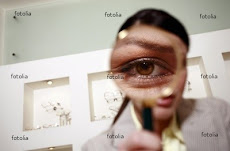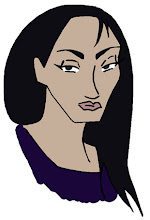From a source in Brussels
Throughout the Cold War, Germany was the steadfast trans-Atlantic ally and France Paris snubbed NATO, booted allied soldiers off its soil and sought a privileged relationship with Moscow
As a result, France Russia that have left Washington France and Germany
Symbols aside, as much as Sarkozy and Merkel might like to emphasize the privileged nature of the Franco-German couple, ties between the countries are no longer what they used to be _and pushing the restart button over and over again does not guarantee a smooth ride. «Both sides' sense of the relationship has been lost,» said Josef Janning, senior director of the Bertelsmann Foundation. The two countries used to be at «the core of bargaining» in the EU, but «currently, nobody really knows what the purpose» of the relationship is, Janning said. Germany and France spent the decades after World War II in a long, painful period of «reconciliation» as Germany atoned for the Holocaust and its occupation of France
After the Berlin Wall came down, Germany found it had to atone yet again, this time with Poland and Russia Poland and Russia also offered tremendous economic and even diplomatic opportunities for Germany to expand its influence eastward and thereby reduced Berlin 's need to rely only on Paris
LAPSUS LINGUAE?
In her first speech Wednesday to the German parliament since winning a second term as chancellor, Merkel said she wanted to pursue a broad security dialogue with Russia France Germany 's determination to make its relationship with Russia a top priority took off under Merkel's predecessor, Gerhard Schroeder, who made a strategic decision to tether his nation firmly to Russia Russia : She has moved to improve relations with Poland and has pledged to stand shoulder to shoulder with the United States in Afghanistan Moscow
Conscious of its slipping profile in Germany Europe , these gestures may not have great meaning. «If you kiss,» Janning said, «it doesn't mean that much because it is part of the in and out of global diplomacy.»
SLEEPING WITH THE ENEMY?
While France Germany France 's Areva and then turned around to engage in talks on forming a nuclear energy venture with Russia Moscow and St. Petersburg





No comments:
Post a Comment